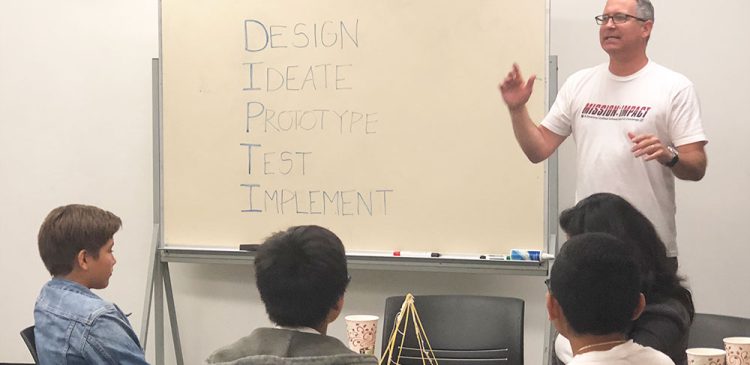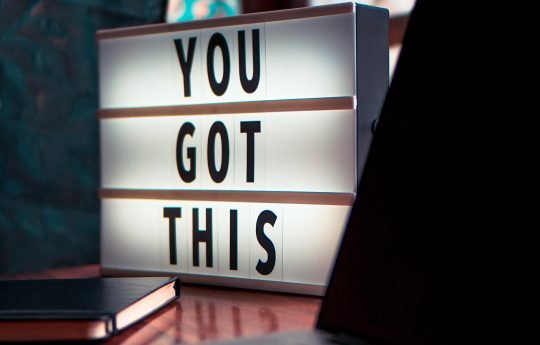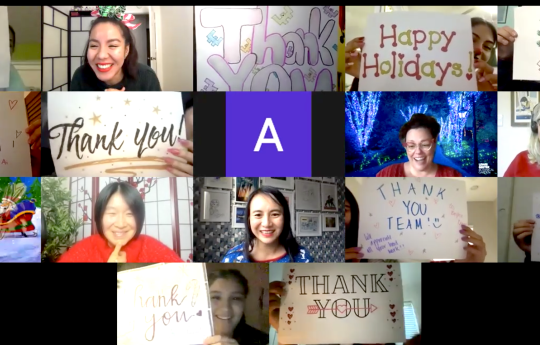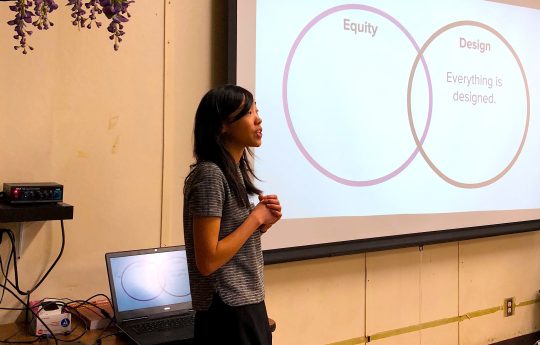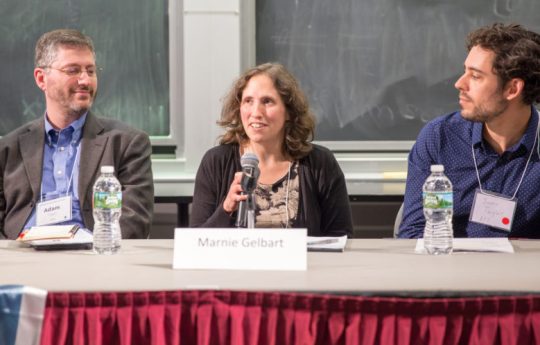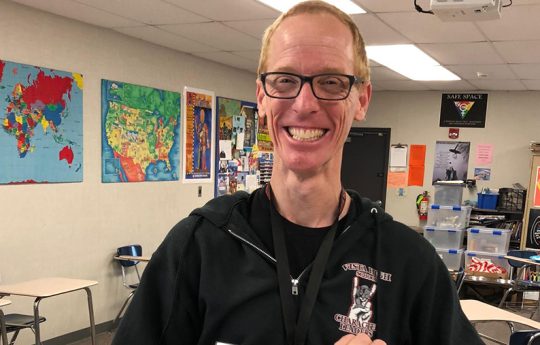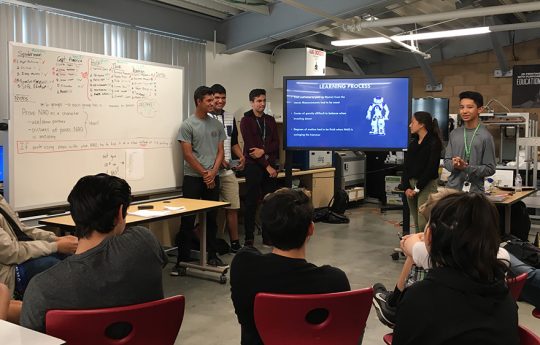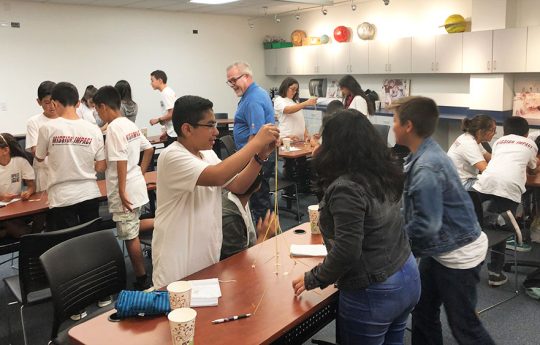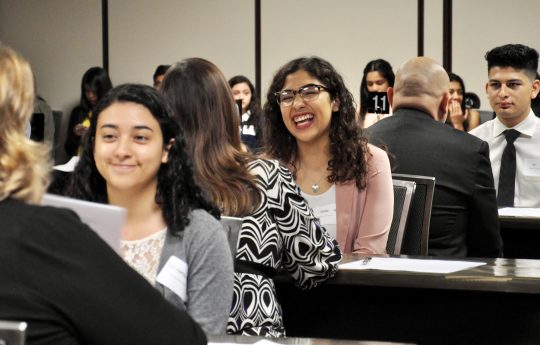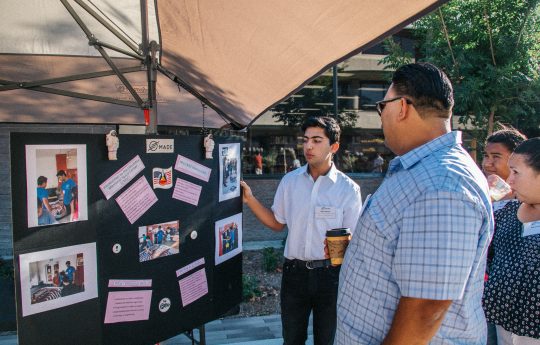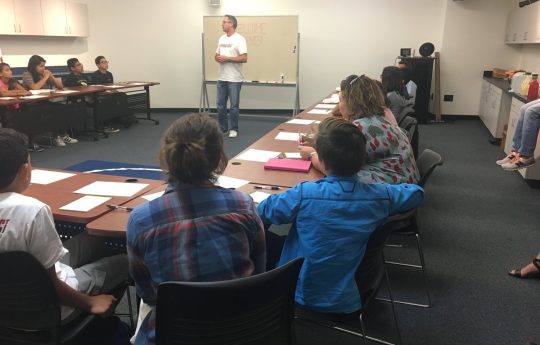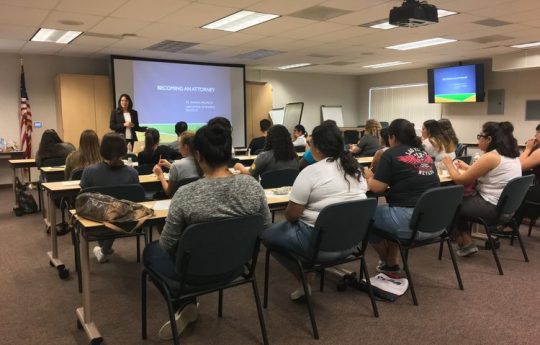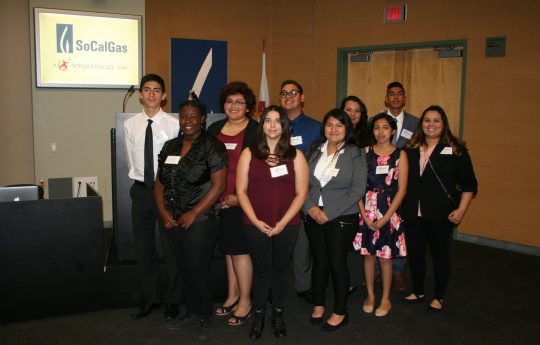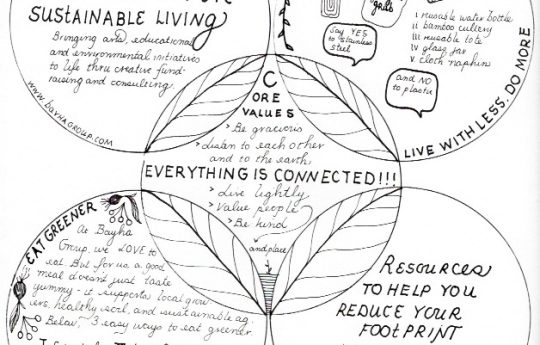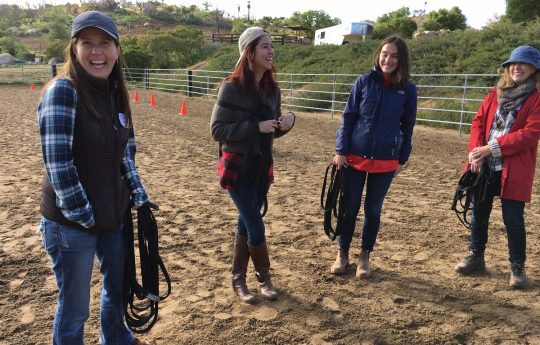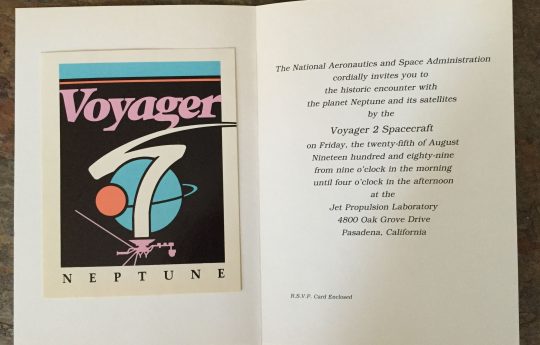Image: Middle school students in Downey learn design thinking. This was made possible through a California Career Pathways Trust grant.
Picture this: You submitted a grant proposal months ago and now, finally, the list of successful grant recipients has been posted online.
By June Bayha
You anxiously scan through the alphabetical list of names over and over but can’t find your organization. You think, ‘is this a mistake?’ Then, the sinking feeling in the pit of your stomach grabs hold and you realize that the grant proposal you submitted did not receive funding—that same grant that you spent months working on, weeks writing and hours formatting. You feel very disheartened, and maybe a little sick.
I can tell you that in my many years of grant writing, I have experienced this feeling. It’s not easy, and it can be difficult to overcome. However, there are some silver linings. Here are my four strategies for recovering when your grant proposal doesn’t get funded.
1. Learn from the outcome
Accept that you can learn a lot even when your grant proposals don’t get funded. Sometimes, not getting funded the first time can be a blessing in disguise because you’ll receive invaluable feedback that can help you strengthen your next proposals. Often funders will release the scores and comments from reviewers for your grant proposal. Remember that the reviewers are real people—they have accountability and have to follow a grading rubric, so don’t take the responses too personally. If the scores and comments are not readily available, request to receive them. I highly recommend using this feedback to your advantage, especially if you plan on submitting the grant for the next round (if it’s offered).
We have seen feedback get as specific as, “Incorrect codes listed for this item,” or, “Limited answer to Question #4 regarding XYZ,” or “Assertion made to follow guidelines, but not description of process for procurement.” In all of these cases, the feedback is specific and easy to address for the next round.
2. Go back to the drawing board
Gather your team and review the scores and comments together. Discuss what you learned as a result of reviewing the feedback. What would you, as a team, do differently (or better) next time? If you decide to re-submit the grant, ensure that you address all of the reviewers’ comments in the next proposal. Even if you can’t re-apply, you can still gain valuable experience from reviewing the scores and comments.
3. Repurpose the content
Don’t let all that hard work go to waste—chances are that your past grant proposals may be reused in other contexts for other funders. Plus, re-writing the grant proposal helps you to be clearer about why you’re seeking funding and what you want to accomplish. You can read more about the importance of finding your why in one of our previous posts. Remember to be persuasive and explain exactly how you intend to use the funding.
4. Practice, practice, and practice some more
Part of the art of being good at something involves going through various periods of not being good at it. In Malcolm Gladwell’s best-seller “The Tipping Point,” he purports that the secret to the success of people such as the Beatles and Bill Gates comes down to what he calls “the 10,000-Hour Rule”—the number of hours of practice that’s required “to achieve the level of mastery associated with being a world-class expert.”
I take solace in this and you should too. If you’re new to grant writing, I encourage you to keep writing and get more hours of practice. With each grant proposal you write, you’ll gain more experience and you learn from each one. Anything worth doing takes time, so be patient.
Don’t be discouraged
Securing grant funding is no easy feat. Government funding, community funding, and school grants are not easily come by, otherwise everyone would be applying. So, please don’t be discouraged if your initial proposal wasn’t accepted. Try, try, and try again.
Need help finding or writing grant proposals? Get in contact with us to see how we can help guide you.


